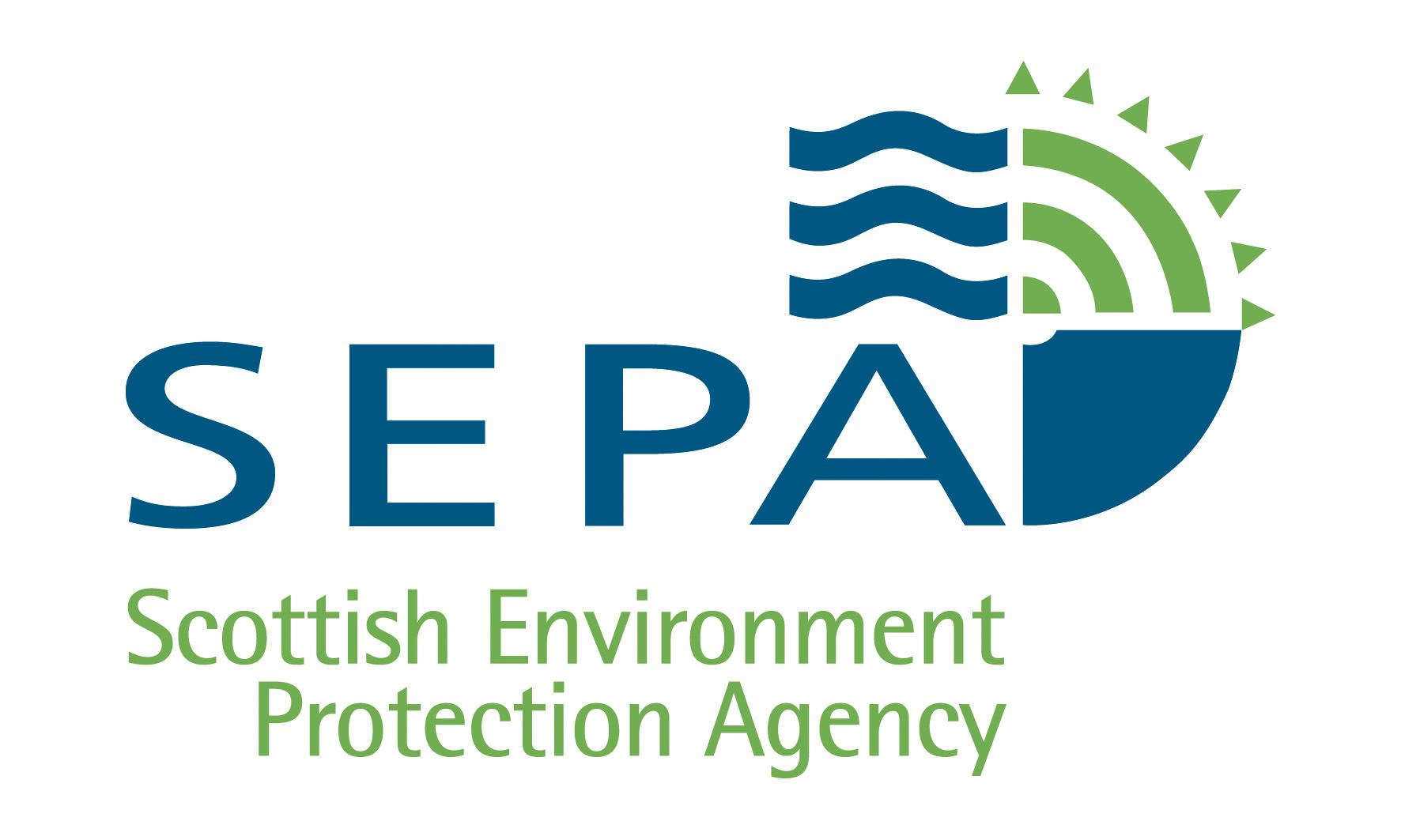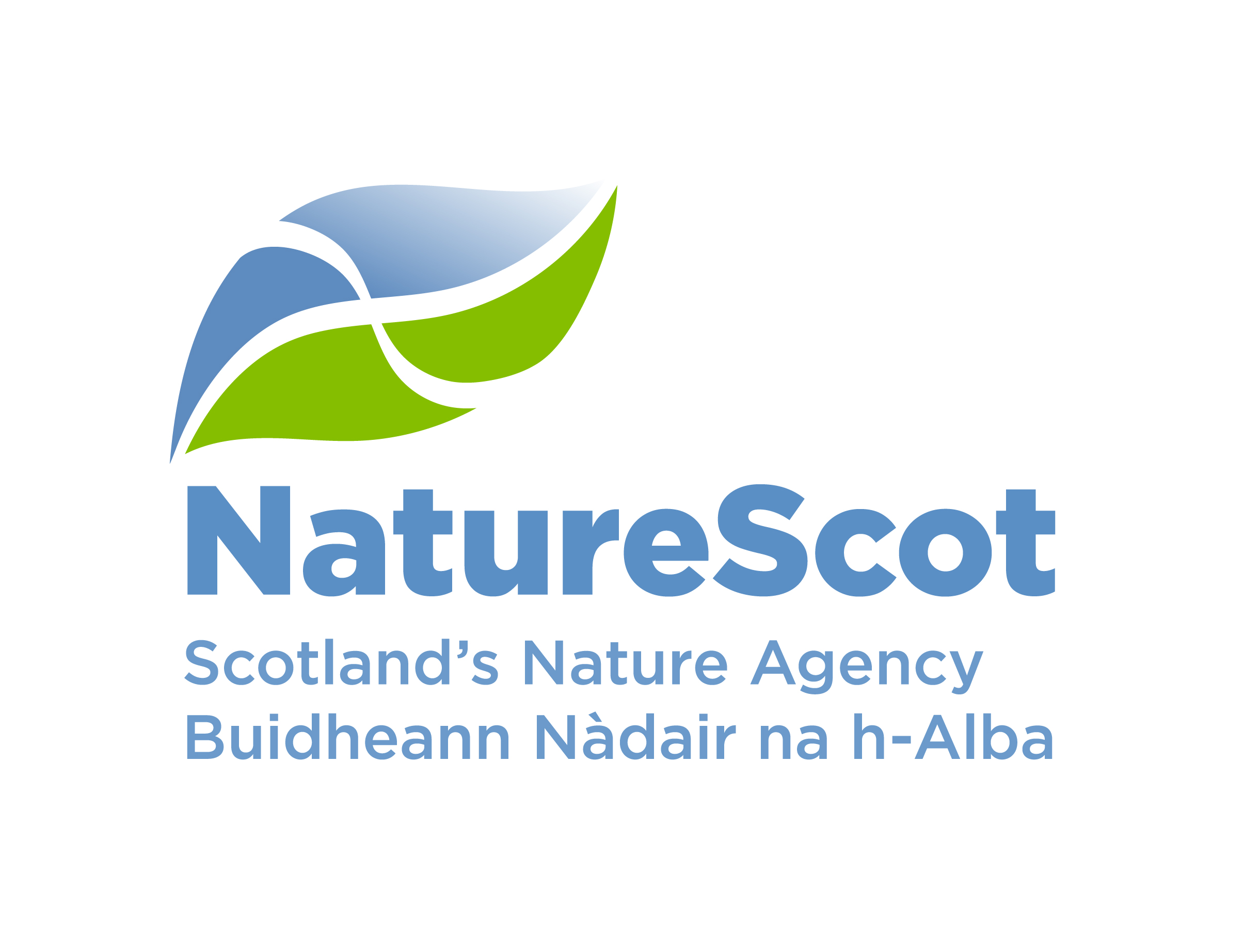Black Water of Dee Restoration Project (phase 1 completed, now delivering phase 2)
The Black Water of Dee Restoration Project (phase 1) was undertaken to explore how to restore natural river processes and the wider river ecology back to 20km of the watercourse. This large tributary has become severely degraded due to the drainage of nearby peatlands, extensive conifer afforestation and the construction of Clatteringshaws Dam (part of the Galloway Hydro Scheme) in the 1930’s. An expanded phase 2 work programme has now started and will run from 2023 until 2025.
In 2016 GFT undertook a study of the lower Black Water of Dee (BWD) from where it flows into Loch Ken up to Clatteringshaws Dam. Habitats over this 20km length were found to be very degraded, explaining why the ecology of the river was so poor. There is no fish pass fitted on Clatteringshaws Dam so fish are unable to access the habitats upstream. The report is available as a download.
The main concerns highlighted in the study were:
- poor water quality (acidification) likely to be an issue in some tributaries during the winter / spring
- a number of waterfalls and rock ledges identified which were considered impassable to upstream migrating fish at base compensation water flows
- extensive areas of conifer regen (naturally seeded Sitka spruce) in riparian areas which outcompetes native vegetation and can cause bank erosion
- a lack of riparian hardwood trees
- a distinct lack of gravel, pebbles and cobbles due to the hydro dam stopping the natural downstream movement of substrate for the last 90 years. This is resulting in a loss of riffle and spawning beds, instead leaving only bedrock and large boulders.
To address the multiple pressures required a wide partnership of organisations to come together. A steering group was set up with a membership of GFT, DRAX, Forestry and Land Scotland, SEPA, NatureScot, Kirkcudbrightshire Dee District Salmon Fishery Board and Galloway Glens Landscape Partnership. A programme of works was agreed to be delivered as a phase 1. A great deal of these works were undertaken to trial restoration techniques to check their suitability to restore the BWD and also some events were held to inform the local community of the project and to give opportunities for people to get involved in the practical works.
The phase 1 work programme was delivered between 2020 - 2022 and achieved the following:
- designing and delivering a monitoring programme (which included baseline pre-works data)
- the introduction of nearly 900 tons of natural substrate (gravel, pebbles, cobbles) to 5 locations on the BWD and lower Pullaugh Burn (the source of this substrate was a tributary in the headwaters of the river called the Water of Deugh where gravels can cause problems at a hydro intake).
- the cutting of dense areas of riparian conifer regen from around the Nick Burn (a tributary of the BWD)
- planting of a few thousand native decidious trees (and guarded) around the Nick Burn and Pullaugh Burn (BWD tributaries)
- addition and fixing of woody debris into the Nick Burn
- running a number of events to educate and inform the public on the ecology of the BWD and the work being undertaken to improve things
Using lessons learned from phase 1, a phase 2 work programme was developed and funding secured in 2023. Phase 2 works are being funded mainly by the Nature Restoration Fund and with match funding from GFT, DRAX and FLS. Phase 2 works will be delivered between 2023 - 2025 and will include:
- continue with monitoring works to understand the benefits achieved
- introduce a further 900 tons of natural substrate at 6 sites
- cut down riparian conifer regen along the banksides of 12 km of the BWD (a total area of 64ha of conifers)
- plant 3,000 native hardwoods along the banks of the BWD
- use large woody debris addition to improve instream habitats in 2 burns and encourage gravel retention in the BWD
- undertake a fluvial survey of the BWD





Downloads
Black Water of Dee Fish and Habitat Report 2016
Black Water of Dee Fish and Habitat Report 2016The Rise and Fall of Galloway and Carrick Trout
Andy Ferguson, Caroline Bradley, Robin Ade, Colin Roberts, Jackie Graham, and Paulo Prodöhl look at the impact of acidification on trout and discuss some results from their current study.Black Water of Dee Restoration Project Monitoring 2023
Black Water of Dee Restoration Project monitoring report for 2023 - year 2, end of phase 1.Gallery
Latest News
'Working with Rivers' trainee blog
Victoria recently joined GFT for 3 months as a 'Working with Rivers' trainee. Hear what she has been doing in her blog
Another GFT Intern Signing Off
As my internship with the Galloway Fisheries Trust draws to a close, I would like to say how grateful I am to everyone that made it possible.